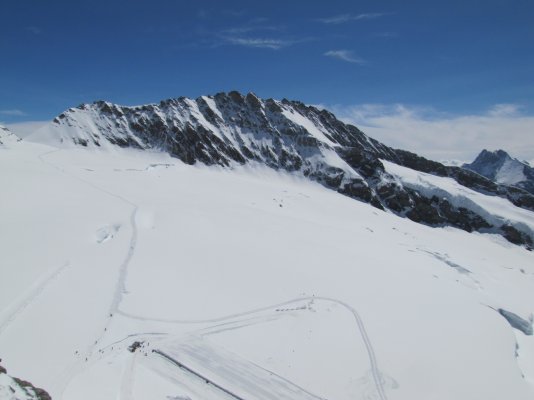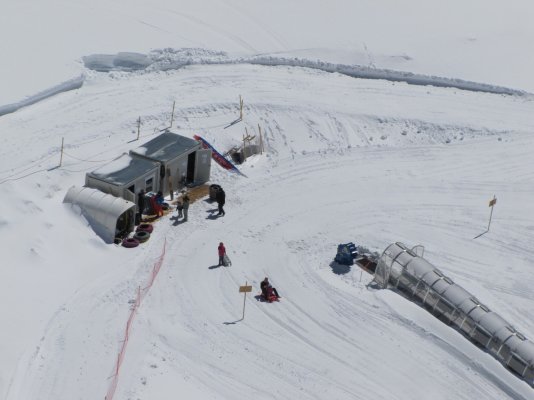I live in a beautiful locale and see lots of folks taking pictures with nice cameras. I've been looking for a new hobby, and amateur photography seems like it would fit me.
I'd like to purchase a nice DSLR setup, some editing software, and then take a few classes. Unfortunately, I don't know an f-stop from ISO, .
Can anyone with some amateur experience suggest:
- what set of equipment makes sense? (camera, lenses, tripod? flash? filters?)
- how to choose among the myriad features?
- a good website?
- a good book or two?
- online classes? (I'm pretty sure I could get a beginner class at a local High School or Community college, too)
- other suggestions
I'd prefer not to spend more than $500 or so until I know for sure that I'd enjoy it. (I'm still trying to learn not to feel guilty spending money on myself in retirement). I want to do more than just snapshots, but I don't expect to be selling any photos.
I'd like to purchase a nice DSLR setup, some editing software, and then take a few classes. Unfortunately, I don't know an f-stop from ISO, .
Can anyone with some amateur experience suggest:
- what set of equipment makes sense? (camera, lenses, tripod? flash? filters?)
- how to choose among the myriad features?
- a good website?
- a good book or two?
- online classes? (I'm pretty sure I could get a beginner class at a local High School or Community college, too)
- other suggestions
I'd prefer not to spend more than $500 or so until I know for sure that I'd enjoy it. (I'm still trying to learn not to feel guilty spending money on myself in retirement). I want to do more than just snapshots, but I don't expect to be selling any photos.


